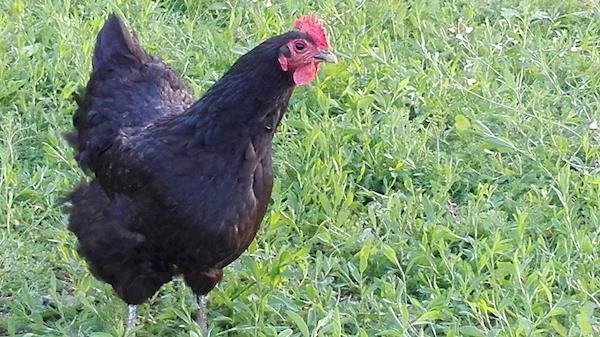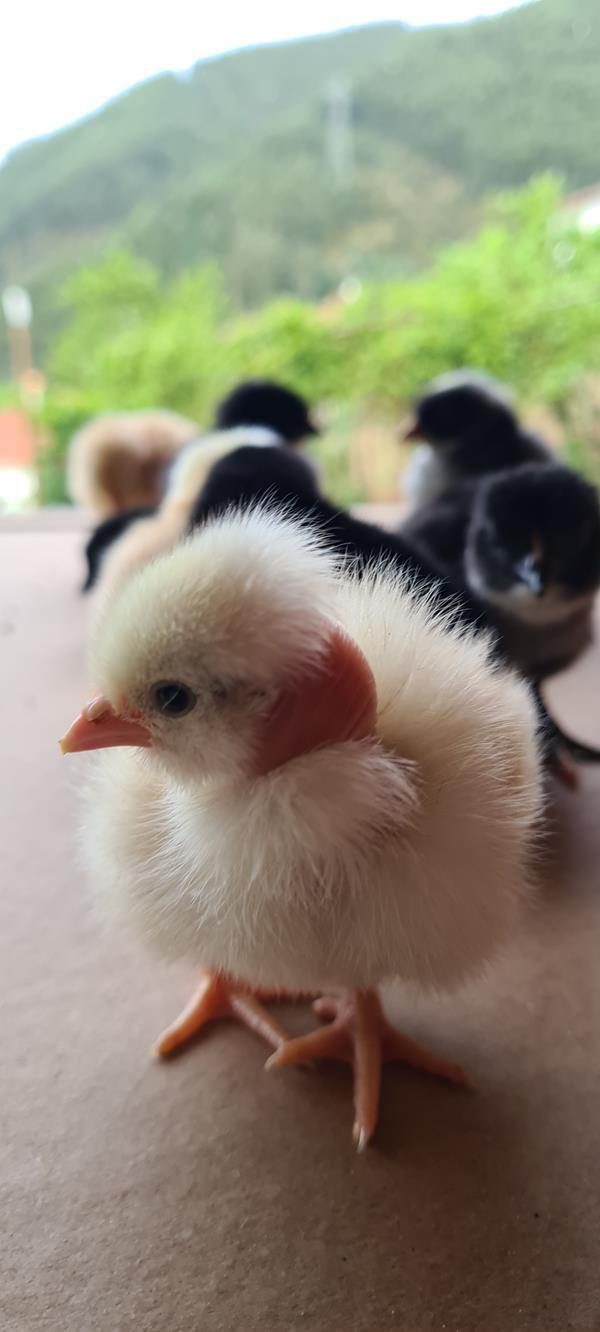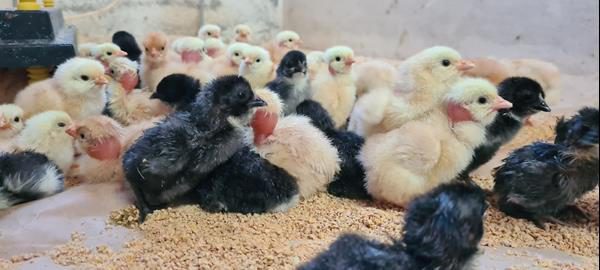In Portugal, the four indigenous chicken breeds, Pedrês Portuguesa, Preta Lusitânica, Amarela (yellow) and Branca (white), are on the verge of extinction, so their conservation is absolutely urgent. Commercial poultry production for meat and eggs exclusively uses hybrid breeds selected for maximum productivity.
However, Portuguese chicken breeds, although naturally less productive, are more robust, less prone to disease and better adapted to local environmental and territorial conditions.
The indigenous breeds of chickens are kept in traditional farming systems, with the animals free-ranging, in fields and/or outdoors. They feed on grain, grass, cabbages and other surplus products from the farms, with the freedom to choose what they want to eat. The animals are extremely hardy and easy to raise, with good motherly qualities for natural incubation.
This type of poultry production brings benefits from the point of view of social and environmental sustainability. It requires low water and medicine consumption, and doesn't cause problems related to the emission of effluents, gases and odours, so it has little environmental impact. In this way, farmers have the best quality meat and eggs at their disposal, produced at low cost and with no negative impact on the environment.
The consumption of chicken meat has increased in recent years, mainly due to the substitution of other types of meat. Poultry meat is rich in protein, with a low fat content. Portuguese highly appreciate piri-piri chicken ("frango de churrasco"). It's a true must all over the country.
Alcobaça casserole chicken is another extraordinary gastronomic delight!
Since buying local is the key for a more sustainable future, you can buy excellent Portuguese chicken (namely, Amarela and Preta Lusitânica) and at the producer Elisabete Sousa, based in the village Zorro, near Coimbra.








